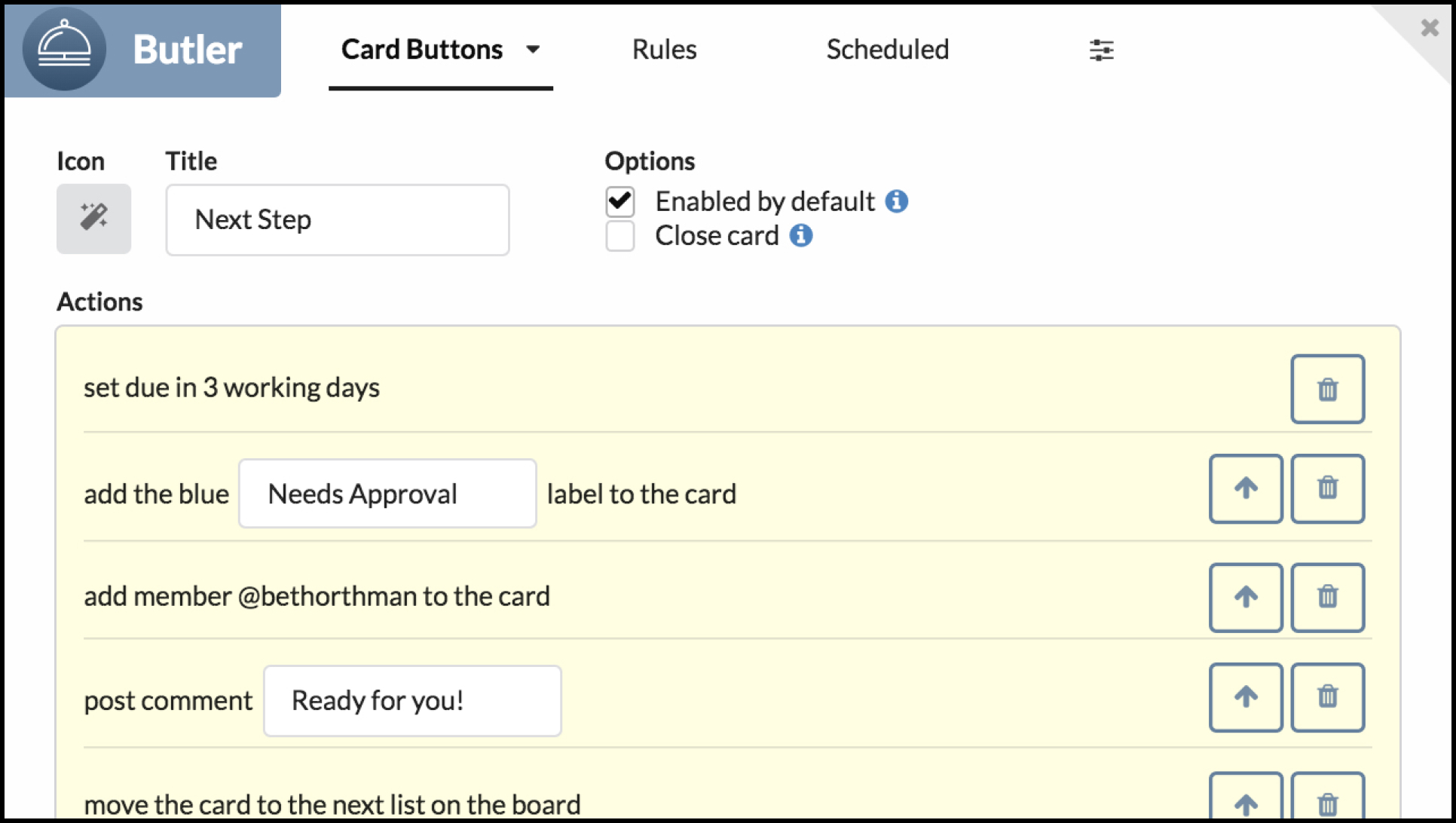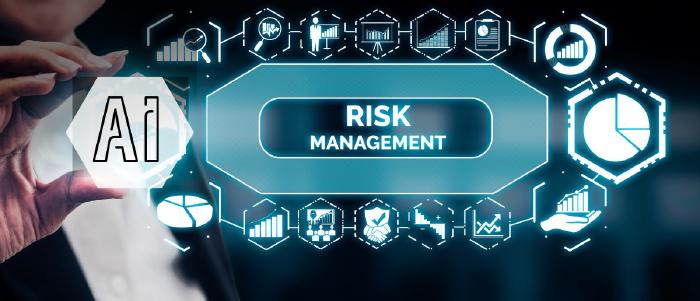
August 9 2023
4 min read

May
AI and machine learning are transforming the world of project management. With their potential to automate regular processes, recognize trends, and forecast results, these technologies are increasingly becoming crucial tools for project managers.
In this digital transformation era, project managers must keep up with these technological developments to increase productivity and maintain market competitiveness, and this blog has all the needed tidbits.
So, let’s dive right in!
Project management is undergoing a revolution, all thanks to artificial intelligence (AI) and machine learning (ML), changing how projects are organized, carried out, and tracked.
Today, project managers can use AI and ML to automate repetitive tasks, improve resource allocation, and enhance decision-making.
Project managers are now expected to possess this technical expertise and traditional project management skills, significantly changing the role of project managers.
The main advantages of applying AI and ML to project management are as follows:
Predictive analytics, such as financial modeling or social media analytics, could assist the management in identifying potential risks and adjusting their plans accordingly. This enables better decisions using algorithms that analyze data and provide insights.
Machine Learning can be extensively beneficial in risk management while conducting risk simulations.
It can analyze intrinsic data from multiple sources and figure out valuable patterns and trends for risk modeling. This includes analyzing financial data, like stock prices and trading volumes, to predict market trends and identify potential risks.
It can also simulate various scenarios to test the impact of different risks on a business or industry, including economic scenarios to test the resilience of a company’s financial position and identify potential vulnerabilities.
Related Article: What Is A Risk In Project Management?
AI-powered project management systems may automate various operations, such as meeting setup, report production, time, and task allocation, allowing management to focus on tasks that require their undivided attention.
Machine learning can help optimize resource allocation by identifying areas that demand optimal resource utilization. For example, project managers can use AI bots to distribute work to team members based on their knowledge and availability.
AI-powered chatbots and virtual assistants can improve communication between team members and stakeholders by giving real-time updates and answering queries. A chatbot can, for instance, provide project status updates or respond to inquiries regarding due dates and milestones.
AI-enabled project management tools can aid in spotting illegal activity or other problems that might develop throughout a project. Machine learning algorithms, for instance, can identify questionable activity, such as sudden adjustments to project budgets or schedules.
Machine learning and predictive analytics can help project managers ease task flow in the following ways:
Assist project managers in identifying and reducing risks early on in the project lifecycle, improving project outcomes.
Help optimize project schedules and resource allocation by anticipating project durations and resource needs.
Forecasting tools incorporating predictive analytics power project managers to predict and analyze timelines and identify potential risks. Microsoft Project is an example of one such tool.
Machine learning algorithms are seamlessly incorporated into project management platforms, enabling them to scrutinize project data and offer valuable insights meticulously.
A classic example would be Proggio, a remarkable platform that has proven instrumental in facilitating task organization, especially during the transition from remote work to office environments in the post-pandemic era. Integrations such as these empower project managers to enhance their decision-making process significantly.
Machine learning can support project managers in making more fact-based and precise decisions depending on predictive analytics, which could improve the project’s success.
Here is why AI-powered project management tools save time and increase efficiency for project managers:
By automating laborious and time-consuming processes like scheduling, resource allocation, and progress tracking, AI-powered project management systems can help project managers save time and work more effectively.
For instance, an AI-powered project management tool can arrange meetings automatically based on team members’ preferences and availability, saving project managers the time and work of manually organizing schedules.
Several well-known AI-powered project management platforms, such as Trello, Asana, Monday.com, and Wrike, leverage machine learning and AI to speed up project management procedures.
Trello, for example, recently acquired an AI-powered function called “Butler” that automates repetitive chores and assists project managers in organizing by producing cards, transferring them to different boards, and delivering automatic messages based on triggers and conditions.

AI-powered project management solutions could result in numerous advantages, such as greater productivity, enhanced cooperation, and more precise predictions. With better workflow efficiency and resource allocation, project managers can hasten project completion times and increase project success rates.
Additionally, AI-powered project management solutions may analyze project data and offer predictive analytics, enabling project managers to spot possible problems before they exist and make data-driven decisions.
This section highlights five of the most common challenges faced while implementing predictive analytics. Read on.
Lack of knowledge and expertise: Project managers might lack the skills or knowledge necessary to successfully incorporate AI and machine learning into their plans for allocating resources and enhancing efficiency. This can be avoided by offering training or recruiting subject matter experts.
Quality of available data: Data reliability and availability can impact the performance of AI and machine learning algorithms. To obtain the best results, project managers must ensure adequate authentic information about the tool they will integrate.
Costs involved: Putting AI and machine learning technology into action can be expensive and time-consuming. Before investing in such technologies, project managers should conduct a cost-benefit analysis and schedule the deployment and integration phases accordingly.
Security concerns: AI and machine learning may raise the danger of cyberattacks or data breaches due to the potential for malware vulnerability or hacking. Project managers must ensure the technology’s security and the provision of adequate measures against cyber attacks. Some standard security-compliant AI solutions that can fend against security risks include Microsoft Azure, H2O.ai, Databricks, and others.
Resistance from employees: The use of AI and machine learning may make certain project team members reluctant to a technological upgrade since they might not be familiar with the latest predictive techniques. To promote acceptance and buy-in, project managers must highlight the benefits of such technology and engage team members in the deployment process.
While AI and machine learning have undeniably transformed the world of project management, it is critical to remember that human monitoring and control remain necessary.
For instance, an AI-powered project management tool mightAI-powered project management tool might recommend resource allocation for a specific work based on past performance and trends.
However, it is up to the project manager to check for alignment with the project’s overarching goals and objectives before approving the recommendations.
Similarly, machine learning algorithms may use predictive analytics to reveal information about potential hazards or delays in the project.
But, a decision must be based on adequate judgment, not just some automated numbers.
AI has undoubtedly made life easy, but a complete reliance? We better be far away from it!
Are you a planning to get project management certifications like PMP® and PRINCE2®? Check out our training courses.

August 9 2023
4 min read

July 18 2023
6 min read

June 19 2023
8 min read

June 12 2023
5 min read